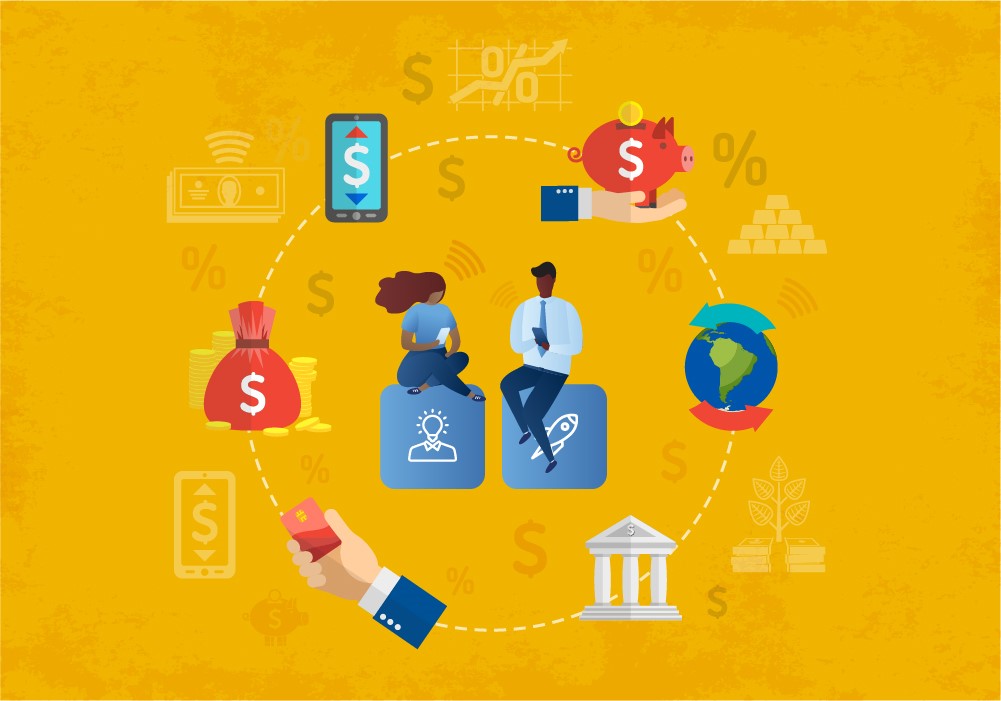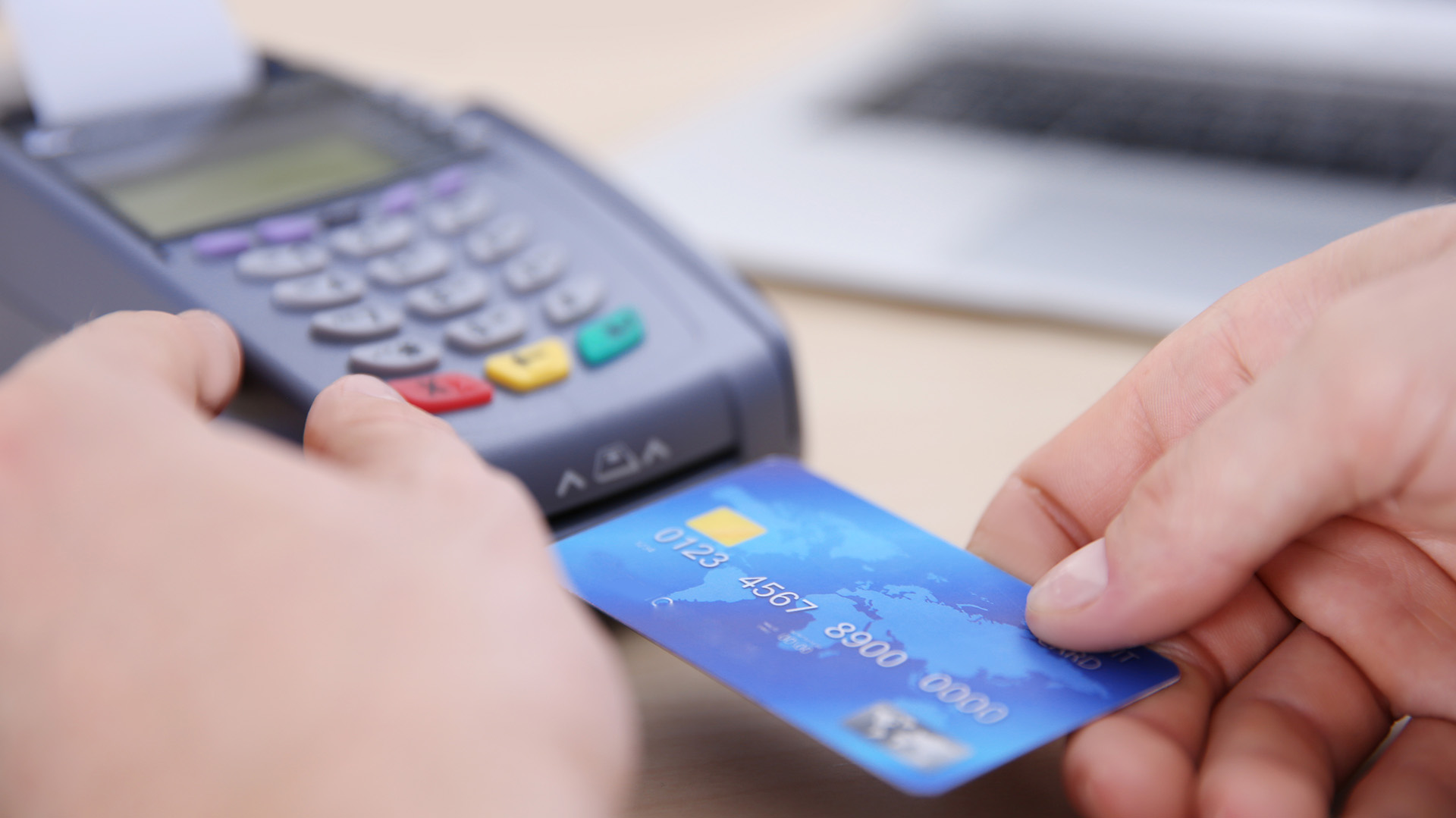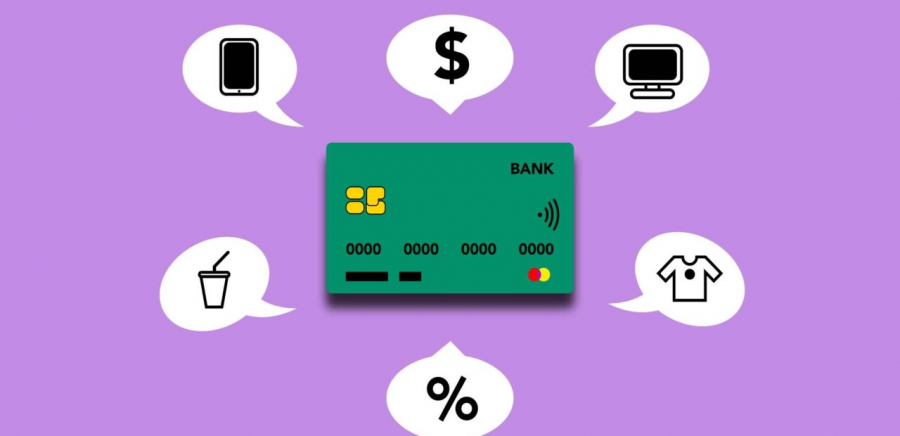The virus ended up driving digital payments to the point that two-thirds of adults worldwide now make or receive a transaction by this means, according to the Global Findex report released today by the World Bank.

Latin America and the Caribbean was one of the regions that saw one of the biggest gains in the developing world: the share of adults who have an account rose 18 percentage points compared to the 2017 measurement, the last one that had been conducted.
Specifically, 73% of adults had a bank account in 2021 and, in addition, 40% paid a merchant digitally. Fourteen percent of adults did this for the first time during the pandemic.

The World Bank also highlighted that Covid-19 drove digital adoption for 15% of Latin American adults, who made their first utility bill payment directly from their account for the first time. The figure more than doubles the average for developing countries.
In addition, it highlighted that 24% of adults in Latin America received a public sector salary, government transfer or pension payment into a bank account.

Despite progress, there are still obstacles to greater financial inclusion in Latin America and the Caribbean. According to the World Bank report, six out of 10 of those who remain unbanked say that financial services are too expensive, while 32% responded that financial institutions are too far away when it comes to citing reasons for not having an account.
 English
English  Español
Español 
